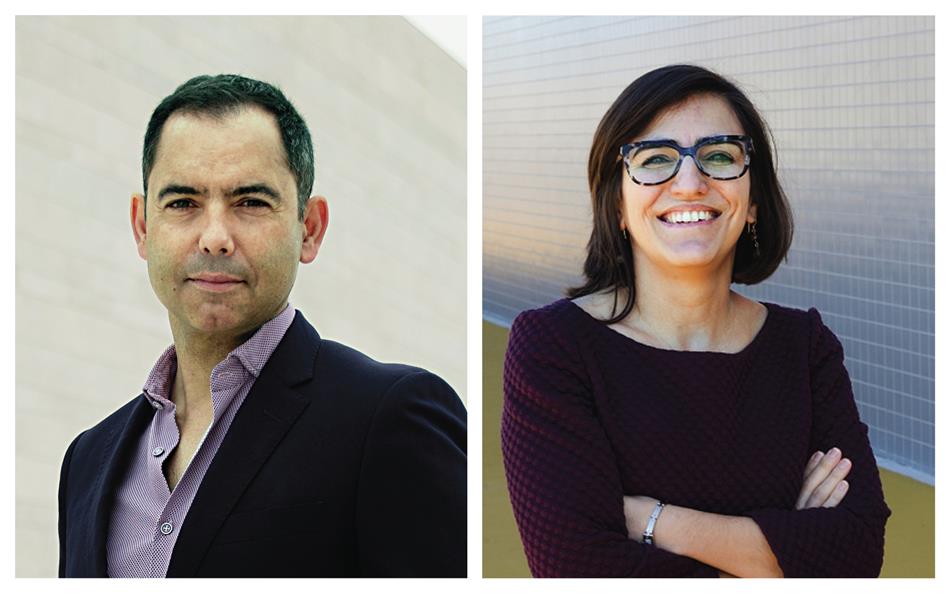Henrique Veiga-Fernandes studies the intricacies of the relationship between the immune system and the nervous system and the doors this can open in the treatment of various inflammatory diseases. Ana Pêgo is researching nanomaterials that can be used in regenerative medicine treatments, also linked to neuroscience, in rehabilitating degenerative diseases and strokes. He is a Principal Investigator at the Champalimaud Foundation, which is at i3S – Institute for Research and Innovation in Health at the University of Porto, in addition to other positions inside and outside the doors, you will now be the first Portuguese to join the Board of Review Editors in the journal Science, a committee of about 200 scientists specializing in various fields They help evaluate and suggest new reviewers for articles submitted for publication in one of the most influential scholarly journals around the world – only 7% of the articles submitted are published. The two-year appointment is official today, and although they didn’t know each other, the reaction to the invitation that arrived a month ago via email was similar. “At first I thought it was phishing,” Veiga Fernandes admits. Ana Pêgo laughs when we share the new colleague’s reaction: _ “I also thought it was spam, and the first reaction was to delete it, but then I saw it was a very personal invitation.”
The choice, both of which he explains to i, will mainly relate to conducting research in border regions, and this is the view that science also asks its advisors, who describe them as “ambassadors,” says Vega Fernandez. “Scientists who work in regions on the frontiers of knowledge are chosen and where it is believed that answers will be found to the great questions of humanity and future civilization, how to treat cancer, how to solve the problem of climate change, and how we will discover life outside the world. The planet,” explains the researcher, who says that The selection of two Portuguese is “a clear example of the power of patriotic science.” Anna Pigou stresses that it is with pleasure that this contributes to “putting the Portuguese flag on the map,” but also recognizes areas that started several years ago and are now paying off. And do you have to spread a lot in science to become an ambassador? The magazine didn’t seem to be guided there. Among the dozens of articles published, Veiga-Fernandes once published in Science and Ana Pêgo is the first time, in these posts, that his name sees in the magazine.

“Wannabe internet buff. Future teen idol. Hardcore zombie guru. Gamer. Avid creator. Entrepreneur. Bacon ninja.”

